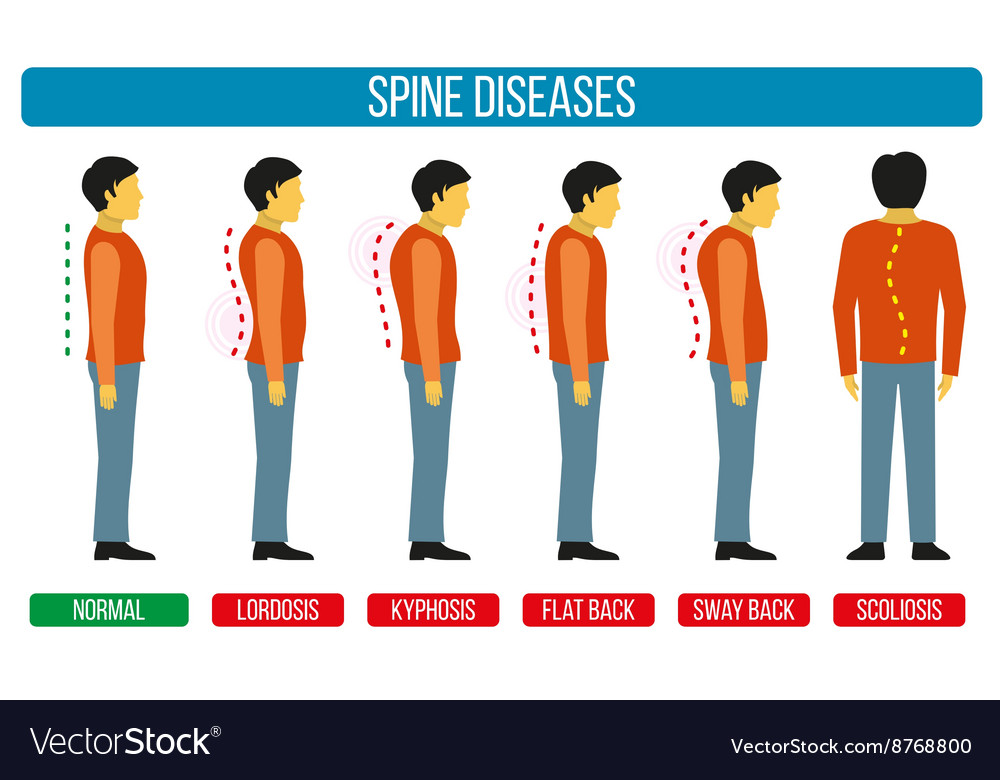Why Does Soft Tissue Treatment Hurt? Understanding The Process
Why Does Soft Tissue Treatment Hurt? Understanding The Process
Blog Article
Author-Holman Yildiz
When you go through soft Tissue treatment, you could find it remarkably awkward. This discomfort emerges as pressure is related to stressful muscular tissues and broken cells, activating your pain receptors. While it can really feel traumatic in the moment, there's a reason behind this sensation. Understanding what occurs in your body during these treatments can aid you value the procedure. So, exactly what is taking place beneath the surface?
The Physiology of Pain During Soft Tissue Treatment
When you undertake soft Tissue therapy, your body's reaction to discomfort is an intricate interaction of physiological procedures. As the therapist applies pressure, your body triggers discomfort receptors, sending out signals to your brain. This causes the release of neurotransmitters, such as material P and glutamate, which amplify the sensation of discomfort.
Your muscular tissues might likewise tense up in feedback, more complicating the experience. Additionally, your body might launch endorphins, natural painkillers that can assist minimize some pain.
The communication between these processes can produce a distinct experience for each person. Comprehending this physical reaction helps you navigate the feelings during treatment, permitting you to appreciate the balance in between pain and the possibility for recovery advantages.
The Role of Discomfort in the Recovery Refine
Although discomfort during soft Tissue therapy can really feel frustrating, it plays an essential function in the recovery process. When you experience pain, your body is signifying that it's working to fix damaged tissues. This reaction assists increase blood circulation to the afflicted location, supplying necessary nutrients and oxygen needed for recovery.
Additionally, pain can promote the release of endorphins, your body's natural medicines, producing a sense of relief post-treatment. Embracing this discomfort can aid you comprehend your body's restrictions and encourage you to attend to underlying issues.
While https://adjustmentchiropractornea73840.is-blog.com/39536967/with-essential-sports-massage-methods-within-your-reaches-uncover-how-to-unlock-your-complete-potential-and-elevate-your-healing-like-never-ever-previously , this process is essential for long-term recovery and improved function. Acknowledging discomfort as an essential part of healing can empower you to stay committed to your therapy.
Tips for Managing Pain During and After Treatment
Managing discomfort throughout and after soft Tissue therapy can significantly enhance your overall experience and recovery.
To begin, interact freely with your specialist concerning your pain levels; they can readjust strategies appropriately. Using deep breathing methods can additionally assist you kick back and ease discomfort.
Take into https://www.verywellhealth.com/pelvic-pain-during-pregnancy-5091711 using ice to the treated location post-session to minimize inflammation and numb discomfort. Staying hydrated help in the recovery process, so consume alcohol a lot of water.
Mild extending and light activity after therapy can advertise blood flow and simplicity rigidity. Last but not least, guarantee you get ample remainder to permit your body to recover.
Carrying out these pointers can make your soft Tissue treatment much more manageable and enjoyable.
Verdict
To conclude, while soft Tissue treatment can be unpleasant, it's crucial to identify that this discomfort plays an important function in your healing journey. By recognizing the physical responses at play, you can come close to the treatment with a much more positive attitude. Keep in mind, the preliminary discomfort commonly paves the way to relief as your body launches endorphins. Embrace go right here , and don't be reluctant to make use of the pointers for taking care of discomfort to enhance your experience and healing.
